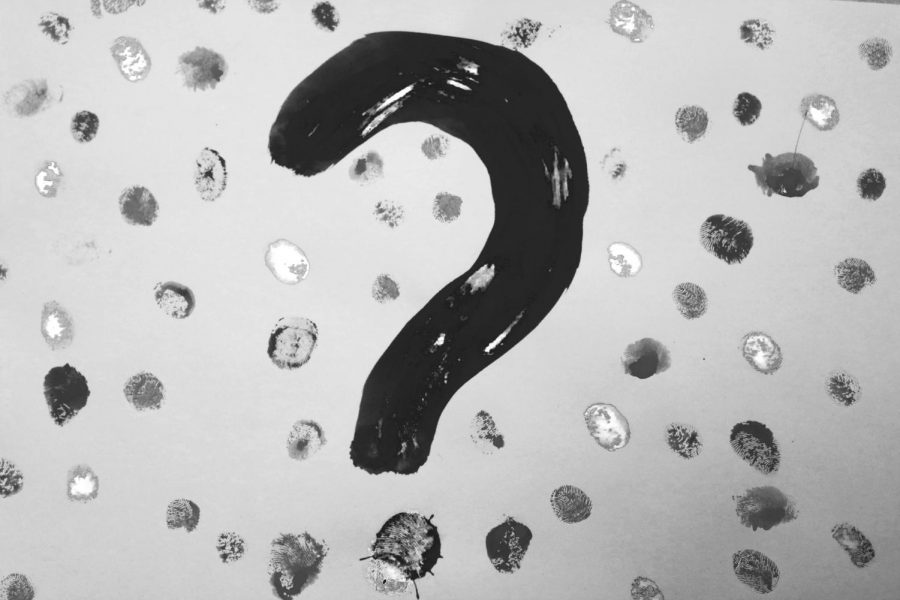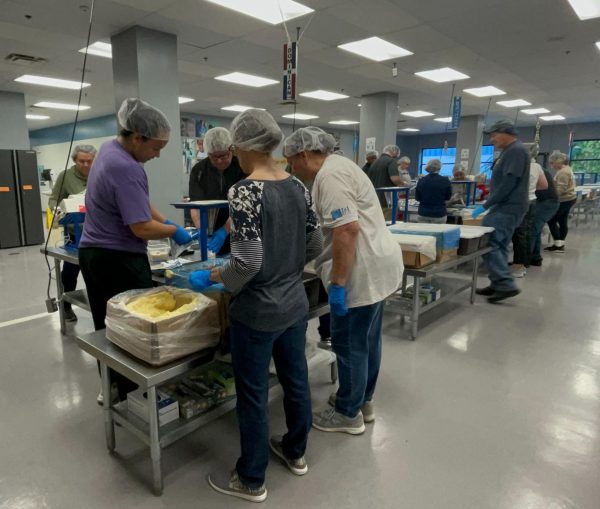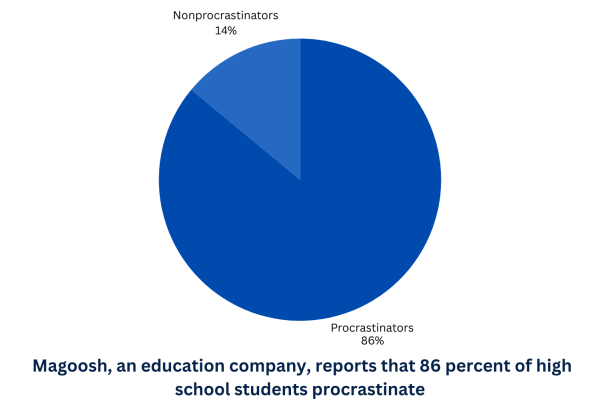Identity Defined
Finding one’s “true identity” is a common struggle most people face, but especially during high school, when students are expected to make life decisions based off their identity. It can be challenging, however, for some teenagers to know their true self after less than two decades of life. This may not seem like enough time for some but it could be plenty for others.
Out of the 7.6 billion people on Earth, not one individual identity is the same. Identity is what makes each and every person unique and is influenced by each and every decision and action.
The Drops of Ink staff believes identity is influenced immensely by the parts of life that are constantly surrounding you, like family, friends and school. Parents and family are a main contributor; people are shaped by the way they are raised, which correlates with the opinions and viewpoints their parents have. Similar mannerisms and characteristics will arise due to the amount of time family members spend with each other, ultimately affecting one’s identity.
Identity is not driven by a single factor, but by every aspect of one’s life. It’s what you like and what you don’t like. What you’re passionate about and what you’re apathetic about. What you agree with and what you disagree with. Morals and priorities shape actions, and actions shape how you’re perceived and that shapes your identity. Some said that how one is perceived is your reputation and how one views themselves is their identity.
The fluidity or stability of identity is not unanimously agreed upon among our staff. Some believe it is always fluctuating because every day you learn new things from new experiences that can change how you view yourself. Additionally, as you grow up, you learn more about yourself and develop more complex thoughts. That allows you to identify with new people who can further contribute to your identity because they will have different ideas to share.
On the other hand, some say one’s identity is constant because although actions may change when you stray away from your true self, your identity is the base layer that is constantly added upon. Identity doesn’t change; it just evolves.
If you were plopped down in an entirely different area, with different family with different friends, would your identity stay the same? The majority of the DOI staff thinks that morals and intangible qualities are aspects that people are born with, which would be unaffected by different environments. Although different environments offer different opportunities that can strengthen or weaken your identity, some believe that you would be an entirely different person in a different setting, since the environment is important when considering the impact it has on identity.
In high school, there’s commonly this expectation to fit in and with that, many times students lose their true identity because they alter it to make themselves appear one way. As we go into the real world , our actual identity becomes a lot more important. You get a better handle of who you are as a person as you mature because when you are young, you are still developing your identity. But the older you get, the more you start to figure it out and focus on your core values.
Some students have found their identity, and some are nowhere close to uncovering their true self. A common theme among the staff was that it is not essential to find your true identity in high school. But if it is found, it can provide more confidence and motivation and pave a path for the future that helps with some major life decisions. It can also be negative because if high school students are under a false perception of their identity because they’ve been sucked into peer pressure, it may lead them on the wrong path with the wrong identity.
Most of the staff came to a similar consensus that there is never one single “aha!” moment that defines their entire identity. While significant events can help you realize your identity and make you more comfortable with your identity, they are not the driving factor. But in the end, most believed no one will ever truly understand themselves, so it isn’t completely possible to know in high school, but as you grow up, you pick up more and more pieces of information that help define who you are.
Identity is complex with no single key to unlock it.Kelly Shinnick














